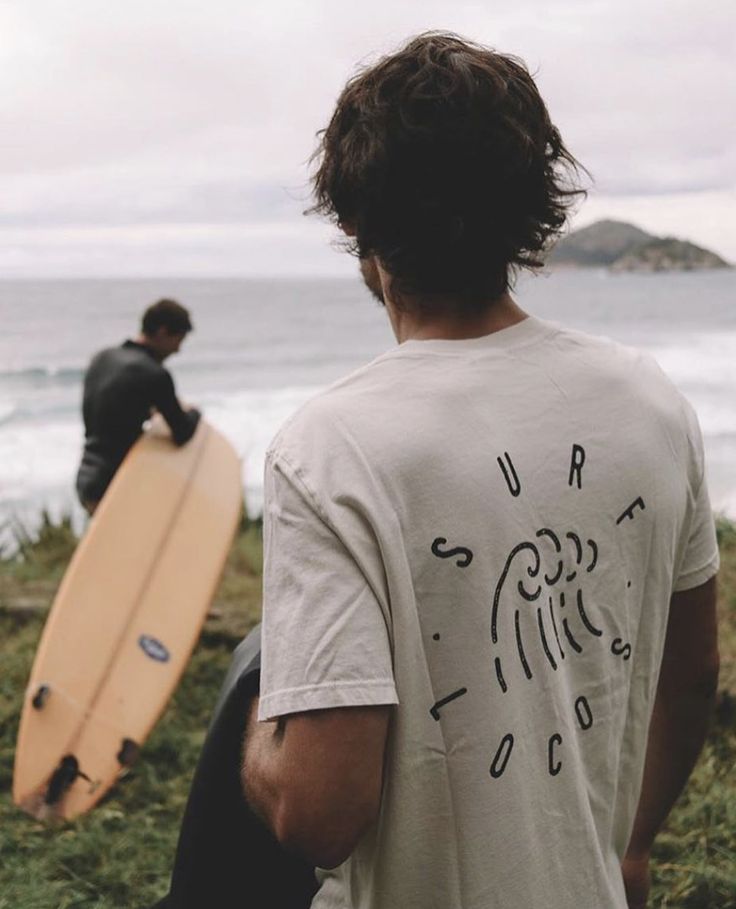Introduction
Social media has transformed industries worldwide, and the t-shirt business is no exception. Platforms like Instagram, TikTok, and Pinterest have not only reshaped how t-shirts are marketed but also how they are designed, produced, and sold. This article explores the profound impact of social media on the t-shirt industry, highlighting its influence on trends, consumer behavior, and brand strategies.
The Role of Social Media in T-Shirt Design
Crowd-Sourced Creativity
Social media platforms have enabled brands to engage directly with consumers in the design process. Through polls, contests, and comment sections, companies can gather ideas and feedback, resulting in t-shirts that resonate with their audience.
Influencer-Driven Trends
Influencers play a significant role in shaping t-shirt designs. By showcasing specific styles or graphics, they can propel niche trends into mainstream fashion, prompting brands to adapt quickly to consumer preferences.
Inspiration Through Visual Platforms
Pinterest and Instagram have become hubs of inspiration for t-shirt designs. From minimalist aesthetics to bold graphics, designers can draw ideas from user-generated content and viral posts.
Marketing T-Shirts on Social Media
The Power of Viral Campaigns
Social media enables t-shirt brands to reach global audiences in a matter of minutes. Viral campaigns, often fueled by memes or trending hashtags, have the potential to skyrocket sales.
Targeted Advertising
Platforms like Facebook and Instagram offer advanced targeting tools, allowing brands to reach specific demographics based on age, interests, location, and online behavior. Precise targeting helps maximize return on investment for advertising budgets.
User-Generated Content
Encouraging customers to share photos of themselves wearing branded t-shirts creates authentic marketing material. This strategy not only builds community but also increases brand credibility and fosters a sense of inclusion.
Social Media and E-Commerce Integration
Seamless Shopping Experiences
Social media platforms now offer integrated shopping features. With Instagram’s Shop tab and TikTok’s shopping capabilities, users can purchase t-shirts directly without leaving the app. This integration streamlines the buying journey, enhancing convenience and boosting sales.
Live Selling Events
Live streaming on platforms like Facebook and Instagram has given rise to live selling events. Brands can showcase their t-shirt collections in real-time, answer questions, and create a sense of urgency with limited-time offers, leading to immediate sales conversions.
Influencer Affiliate Programs
Affiliate marketing through influencers has become a popular strategy. Influencers promote t-shirts and earn commissions on sales, driving traffic and revenue for brands while leveraging trust with their followers.
Changing Consumer Behavior
The Rise of Customization
Social media has fueled demand for personalized t-shirts. Platforms that allow users to customize designs and share their creations on social media have gained immense popularity, making customization a key selling point.
Instant Gratification
The fast-paced nature of social media has conditioned consumers to expect quick responses and immediate access to products. Brands that offer speedy shipping and responsive customer service gain a competitive edge in retaining customers.
Community Engagement
Consumers value brands that engage authentically on social media. Replying to comments, participating in challenges, and sharing behind-the-scenes content fosters loyalty, trust, and a deeper connection with the audience.
Challenges of Social Media in the T-Shirt Industry
Staying Relevant
Trends on social media evolve rapidly. Brands must stay agile and adapt their strategies to keep up with changing consumer preferences and avoid falling behind competitors.
Managing Negative Feedback
Social media exposes brands to public scrutiny. Negative reviews or backlash can spread quickly, making reputation management a critical aspect of social media strategy to maintain brand integrity.
Balancing Authenticity and Marketing
Consumers are wary of overly promotional content. Striking the right balance between genuine engagement and advertising is essential for long-term success and audience retention.
Opportunities for Growth
Leveraging Micro-Influencers
Micro-influencers, with their niche audiences, often have higher engagement rates than larger influencers. Collaborating with them can help t-shirt brands connect with specific communities and increase authenticity in marketing efforts.
Expanding into Emerging Markets
Social media penetration is growing in regions like Southeast Asia and Africa. These markets present untapped opportunities for t-shirt brands to expand their reach and diversify their customer base.
Investing in Augmented Reality
Augmented reality (AR) features on social media platforms allow users to virtually try on t-shirts, enhancing the online shopping experience, increasing customer satisfaction, and reducing return rates.
The Future of Social Media and the T-Shirt Industry
AI-Powered Personalization
Artificial intelligence will enable hyper-personalized marketing campaigns, offering consumers tailored t-shirt recommendations based on their social media activity and preferences.
Sustainability and Transparency
Social media will play a key role in promoting sustainable practices. Brands that share their efforts to reduce waste and adopt ethical production methods will resonate with environmentally conscious consumers, building stronger brand loyalty.
Virtual Influencers
As virtual influencers gain popularity, they will become a new avenue for promoting t-shirts, offering innovative ways to connect with audiences and appeal to tech-savvy demographics.
SEO Best Practices for the T-Shirt Industry
Optimizing Visual Content
High-quality images and videos with descriptive alt texts are crucial for visibility on visual-heavy platforms like Instagram and Pinterest. Use relevant keywords to improve discoverability.
Leveraging Hashtags
Using trending and niche-specific hashtags increases the reach of t-shirt-related content. Research and incorporate a mix of popular and brand-specific hashtags for maximum impact.
Engaging with Analytics
Social media analytics tools provide insights into what content performs best. Use this data to refine strategies, focus on successful campaigns, and allocate resources effectively.
Conclusion
Social media is more than just a marketing tool for the t-shirt industry—it is a driving force behind its evolution. By embracing the opportunities social media offers, t-shirt brands can innovate, engage, and thrive in an increasingly digital world. As platforms and technologies continue to evolve, the relationship between social media and the t-shirt industry will only deepen, shaping the future of fashion in unprecedented ways.

